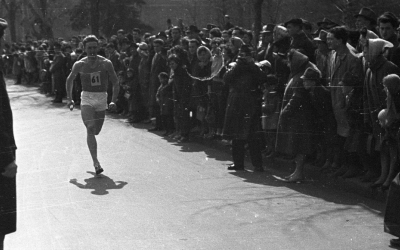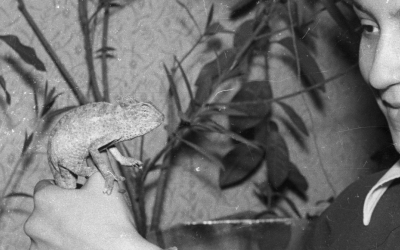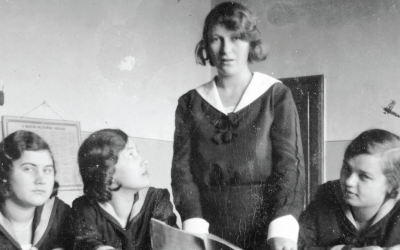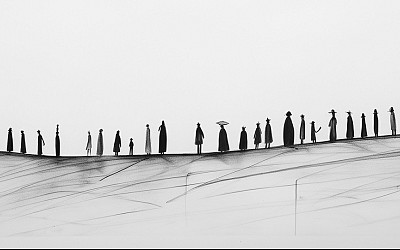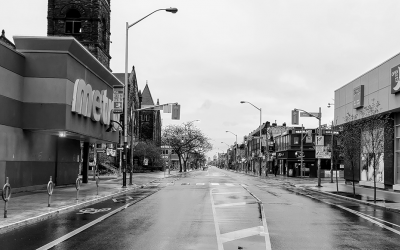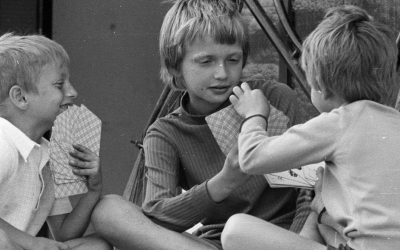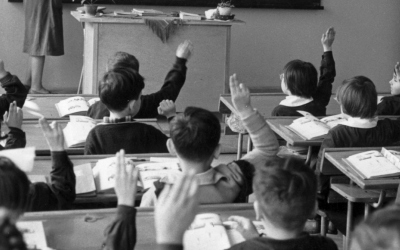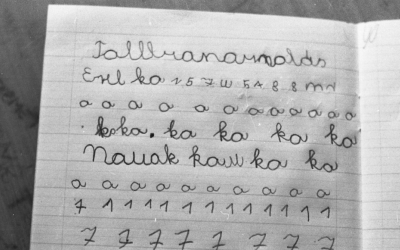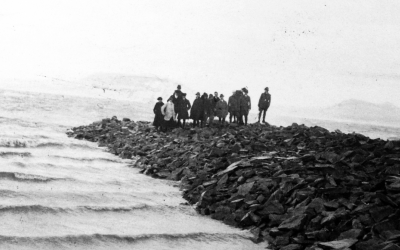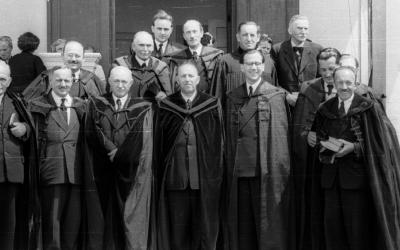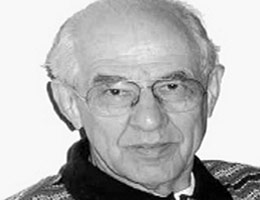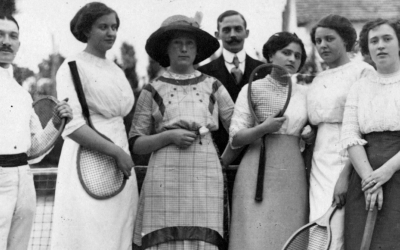Essays
Latest | Popular
-
It’s what Pam R Sailors thinks about, when she thinks about running.
-
Alfred Mele spins the neural roulette wheel behind our choices.
-
Berit Brogaard asks, does the idea of irrational love make sense?
-
Kevin DeLapp and Jeremy Henkel on Augustine, Kant and FBI Director James Comey.
-
Julian Baggini reviews Kathleen Stock's controversial new book.
-
Eric Schwitzgebel, Liam Kofi Bright, Carolyn Dicey Jennings, Morgan Thompson and Eric Winsberg explore recent data.
-
Jane Clare Jones argues, contra MacKinnon, that decoupling sex and gender deprives feminist analysis of its explanatory power.
-
Nicholas G. Evans thinks through the tangle of rights and wrongs
-
Constantine Sandis and Nassim N Taleb on how to think about risk, harm and having skin in the game.
-
Peter Worley argues that philosophy in the classroom depends on a skilled facilitator.
-
G. Fay Edwards examines some bizarre ancient arguments against eating our fellow creatures
-
By Anil Gomes
-
Rupert Read introduces the work and ideas of Ludwig Wittgenstein.
-
Julian Baggini looks beyond traditional approaches to the free will debate.
-
Alexandra Bradner and Andrew P. Mills argue that teaching is a lot more than just telling
-
Margaret Betz reviews Camus' classic.
-
Justin Garson on the philosophy of madness, and the importance of listening to what madness is trying to say.
-
Helen de Cruz talks to Philosophy PhDs outside the academy who most definitely are not “slumming it”.
-
Helen Beebee looks back on the last ten years.
-
In 2001, Julian Baggini interviewed Hilary Putnam (1926-2016), the philosopher who never stood still
-
Stephen Mumford argues that sport's importance lies in the connections between embodiment, power and freedom.
-
It’s what Pam R Sailors thinks about, when she thinks about running.
-
Alfred Mele spins the neural roulette wheel behind our choices.
-
Berit Brogaard asks, does the idea of irrational love make sense?
-
Kevin DeLapp and Jeremy Henkel on Augustine, Kant and FBI Director James Comey.
-
Julian Baggini reviews Kathleen Stock's controversial new book.
-
Eric Schwitzgebel, Liam Kofi Bright, Carolyn Dicey Jennings, Morgan Thompson and Eric Winsberg explore recent data.
-
Jane Clare Jones argues, contra MacKinnon, that decoupling sex and gender deprives feminist analysis of its explanatory power.
-
Nicholas G. Evans thinks through the tangle of rights and wrongs
-
Constantine Sandis and Nassim N Taleb on how to think about risk, harm and having skin in the game.
-
Peter Worley argues that philosophy in the classroom depends on a skilled facilitator.
-
G. Fay Edwards examines some bizarre ancient arguments against eating our fellow creatures
-
By Anil Gomes
-
Rupert Read introduces the work and ideas of Ludwig Wittgenstein.
-
Julian Baggini looks beyond traditional approaches to the free will debate.
-
Alexandra Bradner and Andrew P. Mills argue that teaching is a lot more than just telling
-
Margaret Betz reviews Camus' classic.
-
Justin Garson on the philosophy of madness, and the importance of listening to what madness is trying to say.
-
Helen de Cruz talks to Philosophy PhDs outside the academy who most definitely are not “slumming it”.
-
Helen Beebee looks back on the last ten years.
-
In 2001, Julian Baggini interviewed Hilary Putnam (1926-2016), the philosopher who never stood still
-
Stephen Mumford argues that sport's importance lies in the connections between embodiment, power and freedom.
The Philosophers’ Magazine is an independent quarterly, founded by Julian Baggini and Jeremy Stangroom in 1997. We’re devoted to publishing philosophy that’s clear, enlightening, and thought-provoking.
Copyright © 2017 The Philosophers' Magazine Unless specified, images courtesy of FORTEPAN

